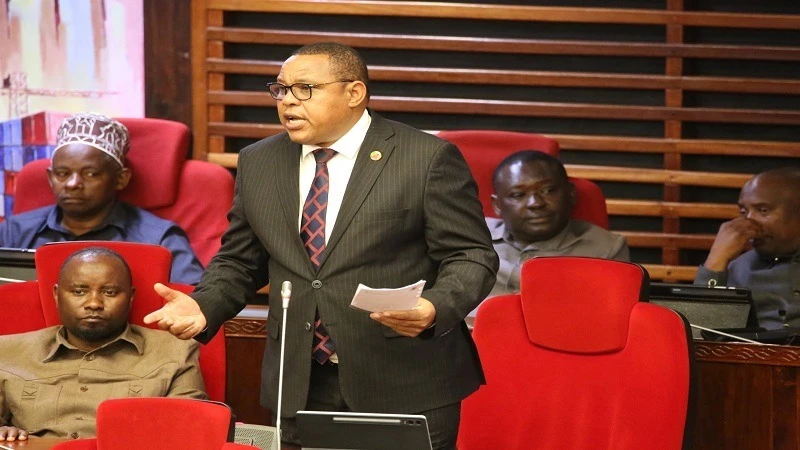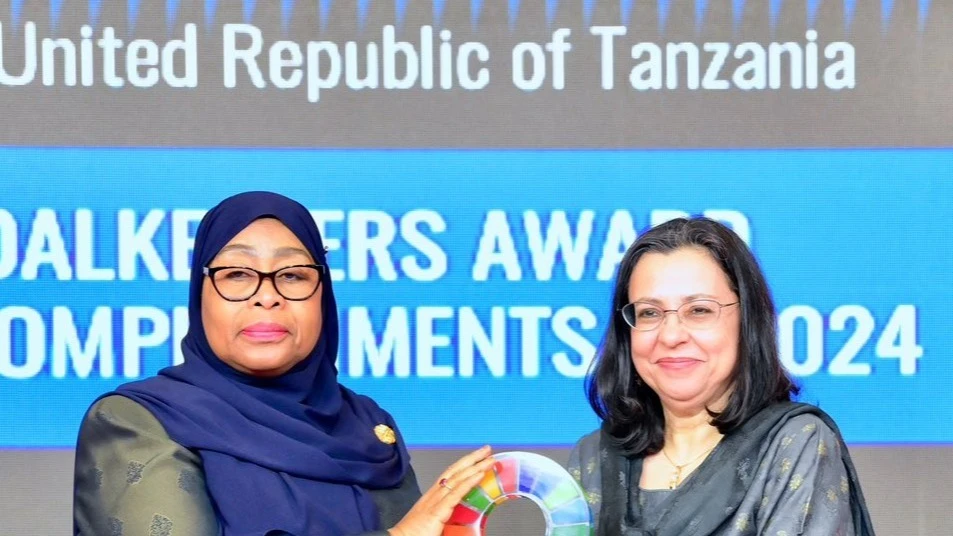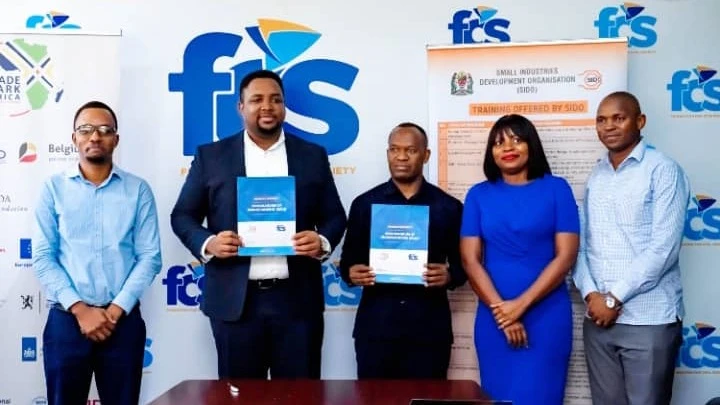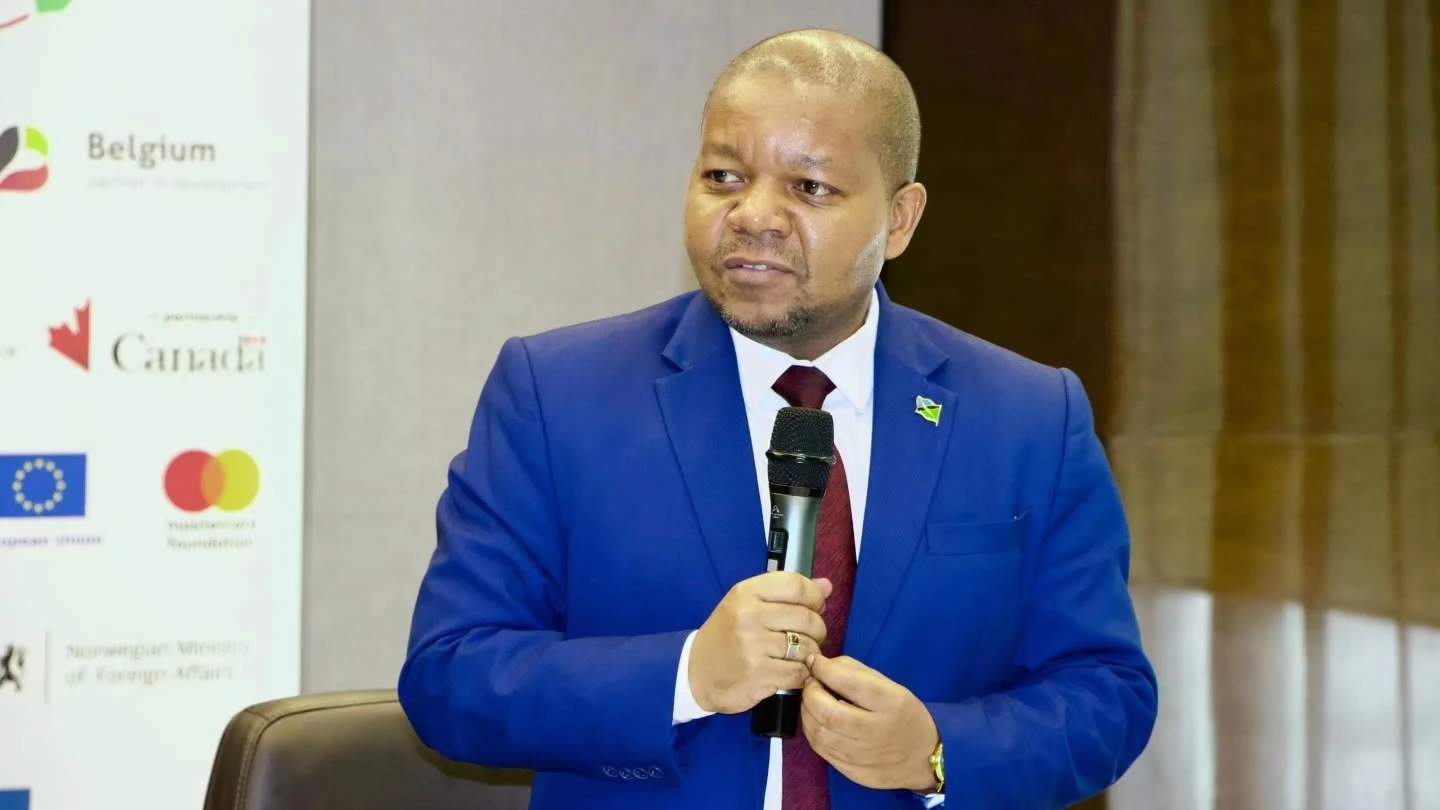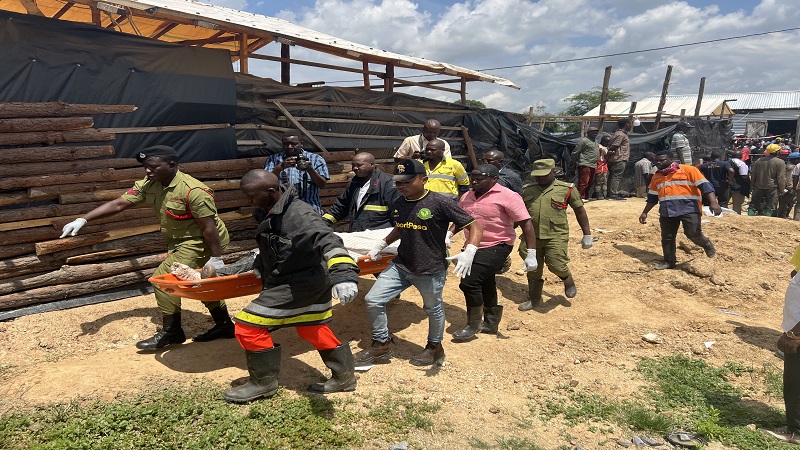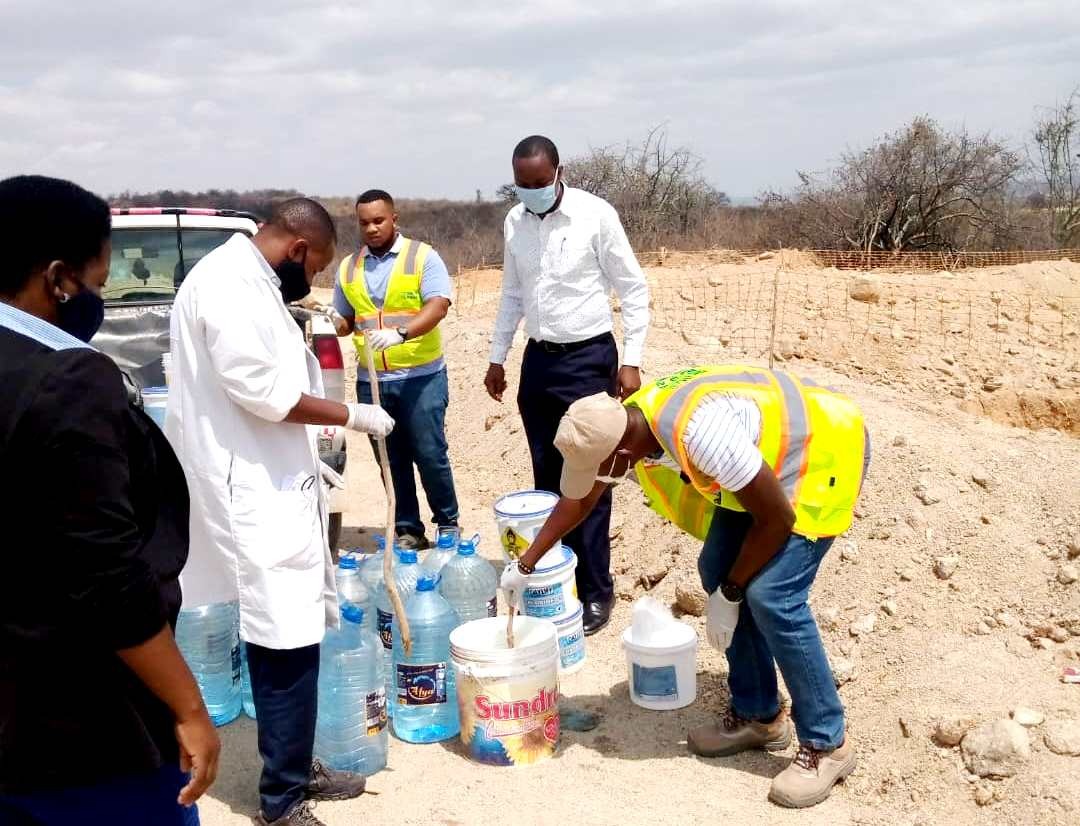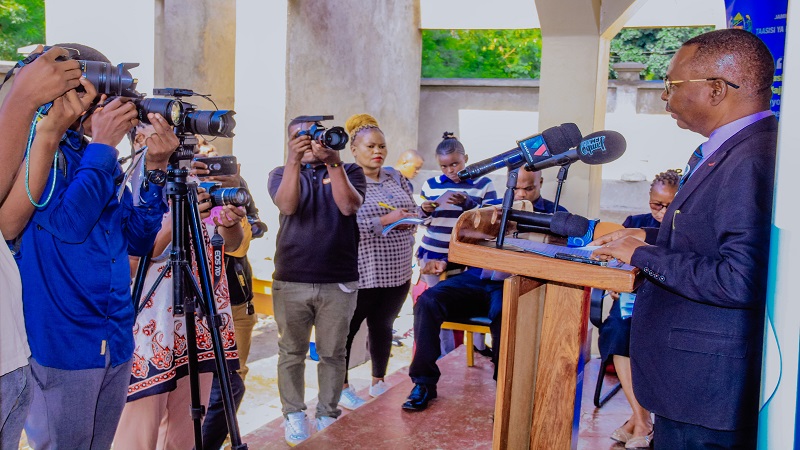Canada, UNICEF, UNFPA team up in C$14.7m girls support fund
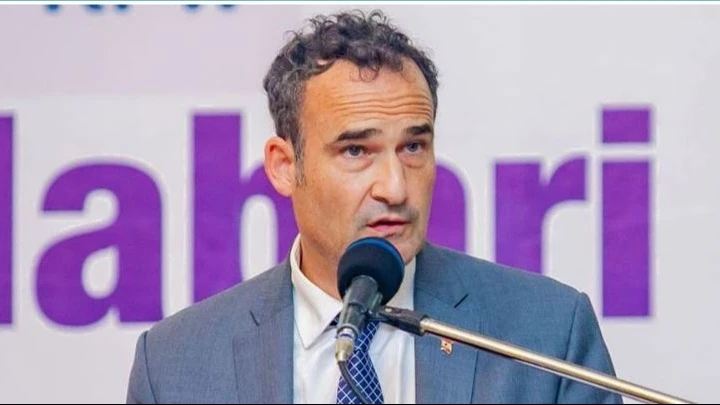
GLOBAL Affairs Canada, the United Nations Children's Fund (UNICEF) and the United Nations Population Fund (UNFPA) have signed a five-year programme to improve equitable access to quality sexual and reproductive health and rights (SRHR) services for adolescent girls.
Supported by a C$14.7m (28bn/-) investment placed by Canadian authorities, the programme will be jointly implemented by UNICEF and UNFPA in a multi-sector approach, targeting over 1.2m adolescents aged 10 to 19 years in Zanzibar, Songwe and Dodoma regions.
Kyle Nunas, the Canadian high commissioner, said at the signing ceremony in Dar es Salaam yesterday that building on Canada’s ongoing health commitments in Tanzania, the new programme with UNICEF and UNFPA will improve equitable access to quality sexual and reproductive health and rights.
The programme is intended to reduce maternal deaths, reduce unwanted pregnancies, prevent or treat sexually transmitted infections and improve economic empowerment of women and girls, he explained.
Demographic surveys show that Tanzania has a predominantly youthful population, with adolescents comprising 23.2 per cent, with high rates of child marriage and teenage pregnancies, he stated.
The 2022 Tanzania Demographic and Health Survey (TDHS) says these challenges contribute to 104 women dying for every 100,000 live births in pregnancy-related complications, the envoy noted.
Upwards of 22 percent of adolescent girls aged 15 to 19 were seen to have been pregnant at least once, he said, pointing out that this occurs within a wider context of a high unmet need for family planning, a heavy HIV burden, domestic violence, malnutrition, school dropping out and limited access to economic opportunities.
“These issues are further exacerbated by poverty, deep-rooted cultural and religious beliefs and negative gender norms,” he said, affirming that this highlights the urgent need for investment in adolescent health and well-being.
Lawrence Oundo, the UNICEF country director of operations, said that adolescence is a critical development phase and decisions made during this time significantly impact the future health, well-being and productivity in later years.
“This agreement with Global Affairs Canada will allow UNICEF and UNFPA to work together to reach more girls with coordinated and integrated responses,” he stated.
The government and UN agencies recognize the critical needs of adolescents, particularly girls, which require concerted efforts from multiple sectors, he said, affirming that this joint effort comes at a crucial time as investments in adolescent programming are needed to transform adolescents' lives in a positive way.
Mark Bryan Schreiner, the UNFPA representative said that investing in adolescent girls benefits everyone, because when girls flourish their subsequent families and communities flourish as well, even for generations to come.
“This is a future that works for all,” he said, highlighting that the five-year programme will primarily focus on gender-transformative approaches, strengthening gender-responsive initiatives and enhancing adolescent-friendly service delivery.
Increased use of rights-based, gender-responsive and adolescent-friendly SRHR information and services for adolescents, especially adolescent girls in the targeted regions, he said.
It is similarly expected to enhance the ability of adolescent girls and boys to claim their SRH rights in the targeted regions, creating an enabling environment for the realization of adolescent SRHR at the national and sub-national levels, he specified.
This programme aligns with national priorities that emphasize the crucial role of adolescent health and well-being in sustained socioeconomic development, thus prioritizing the needs of adolescent girls is a critical step to ensuring a healthier, more prosperous future for Tanzania, he added.
Top Headlines
© 2025 IPPMEDIA.COM. ALL RIGHTS RESERVED











